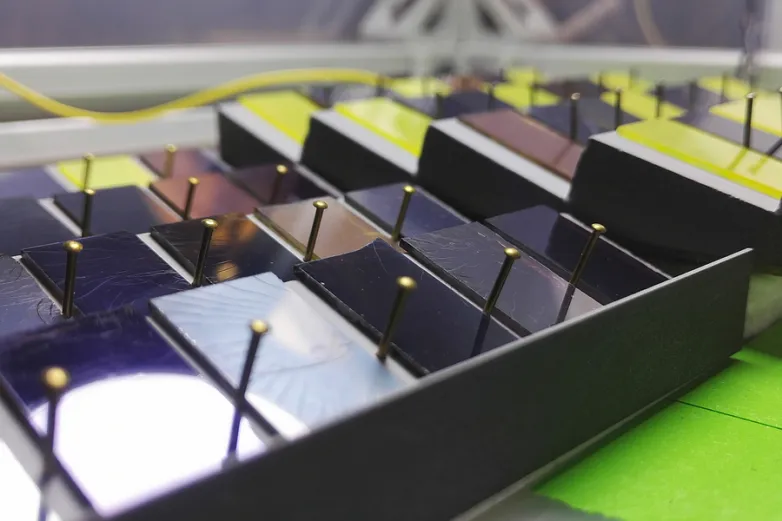Keeping perovskite at low temperature levels could prevent degredation, research study locates
- Scientists at the University of Sheffield have found a new means to expand the life of perovskite materials by more than three months, leading the way for brand-new solar cell technologies to be made in a less wasteful style.

Perovskite materials' life expectancy can be extended from a lot less than a month to more than 4 if they are kept at low temperature levels, according to scientists at the University of Sheffield's Energy Institute as well as Department of Physics as well as Astronomy.
The scientists collaborated with the university's tech spinout, Ossila Ltd, to conduct a series of experiments that focused on the stability of perovskite precursor solutions; the light-absorbing layer which is positioned in between those used to draw out existing from the cell. Some options were maintained area temperature, while others were cooled at four degrees Celsius for varying time periods, prior to they were made use of to make prototype solar cells.
Due to the shorter life-span of current perovskite solar cells, numerous firms deal with difficulty maintaining manufacturing ability if they can not rely on a consistent supply of forerunner solutions. Sheffield's Department of Physics and also Astronomy researcher David Lidzey claimed the findings, which were released in the journal ChemSusChem, reveal that storing options at low temperature levels allows companies to side-step the issue completely.
Along with temperature, the researchers additionally checked out the structure and also make-up of the perovskite films made with the solutions produced, which allowed them to recognize a number of crucial reactions that caused their degradation, stated lead PhD researcher Mary O'Kane.
Making perovskites a lot more resilient has ended up being a focal point of numerous university research studies over the past year after both the European Commission as well as United States Department of Energy pledged to support the growth of residential solar production markets. Scientists from Queensland University of Technology (QUT) utilized hair cuttings from a barber shop to form an "armour" that raises the product's power conversion efficiency last month, while a group at the Massachusetts Institute of Technology (MIT) applied a "data blend" procedure to check various solutions and also analyze their longevity. Extra just recently, a joint study by scientists at the University of Bath and Imperial College London took a look at just how vital the choice of different layers within perovskite can prevent degradation.
Also read

